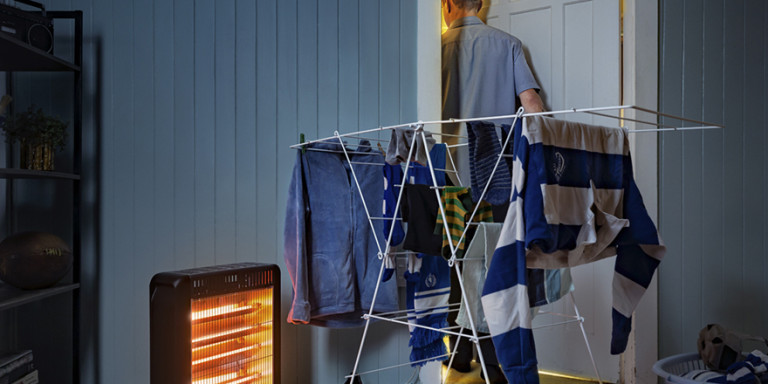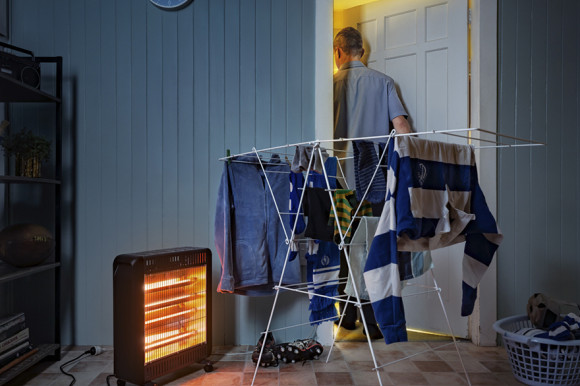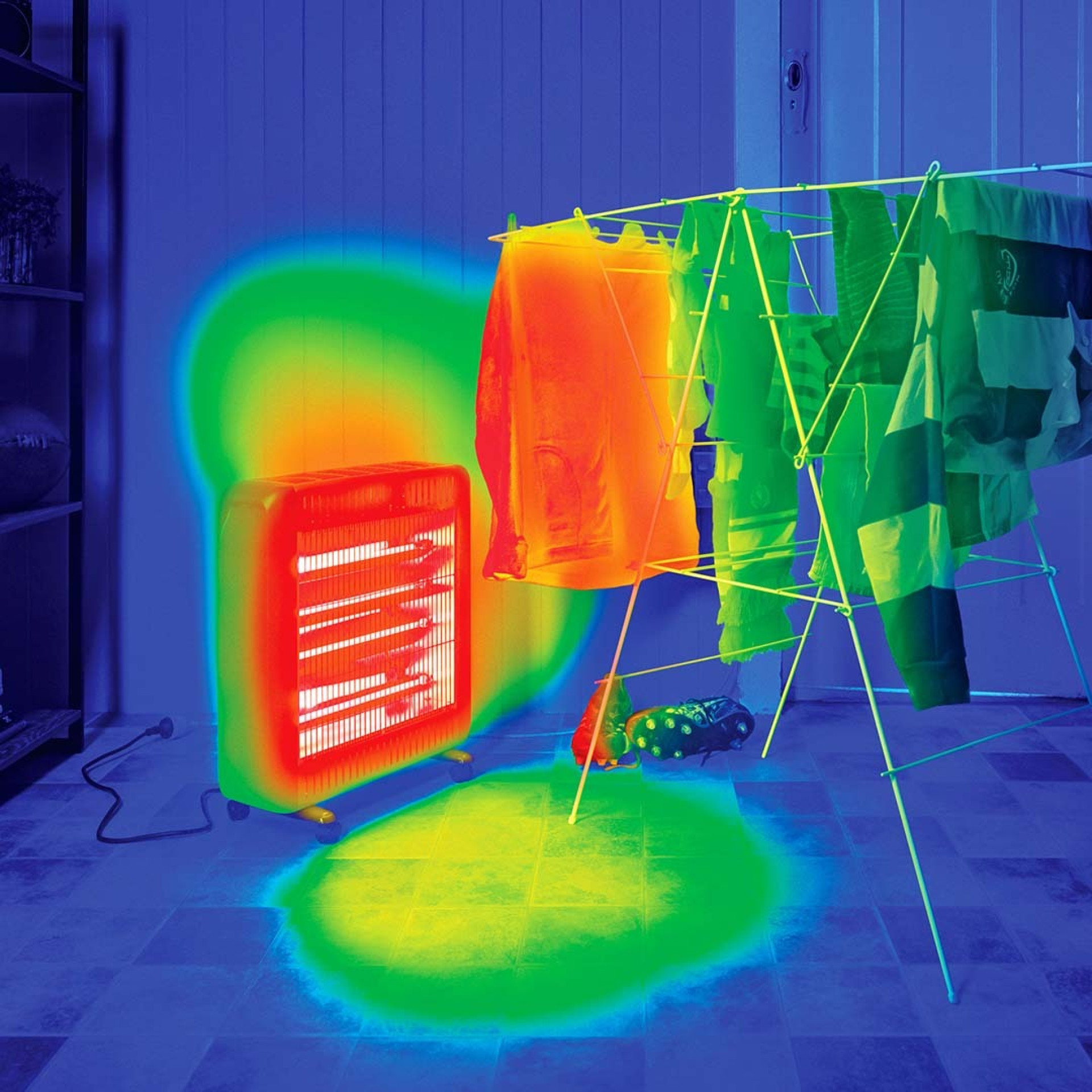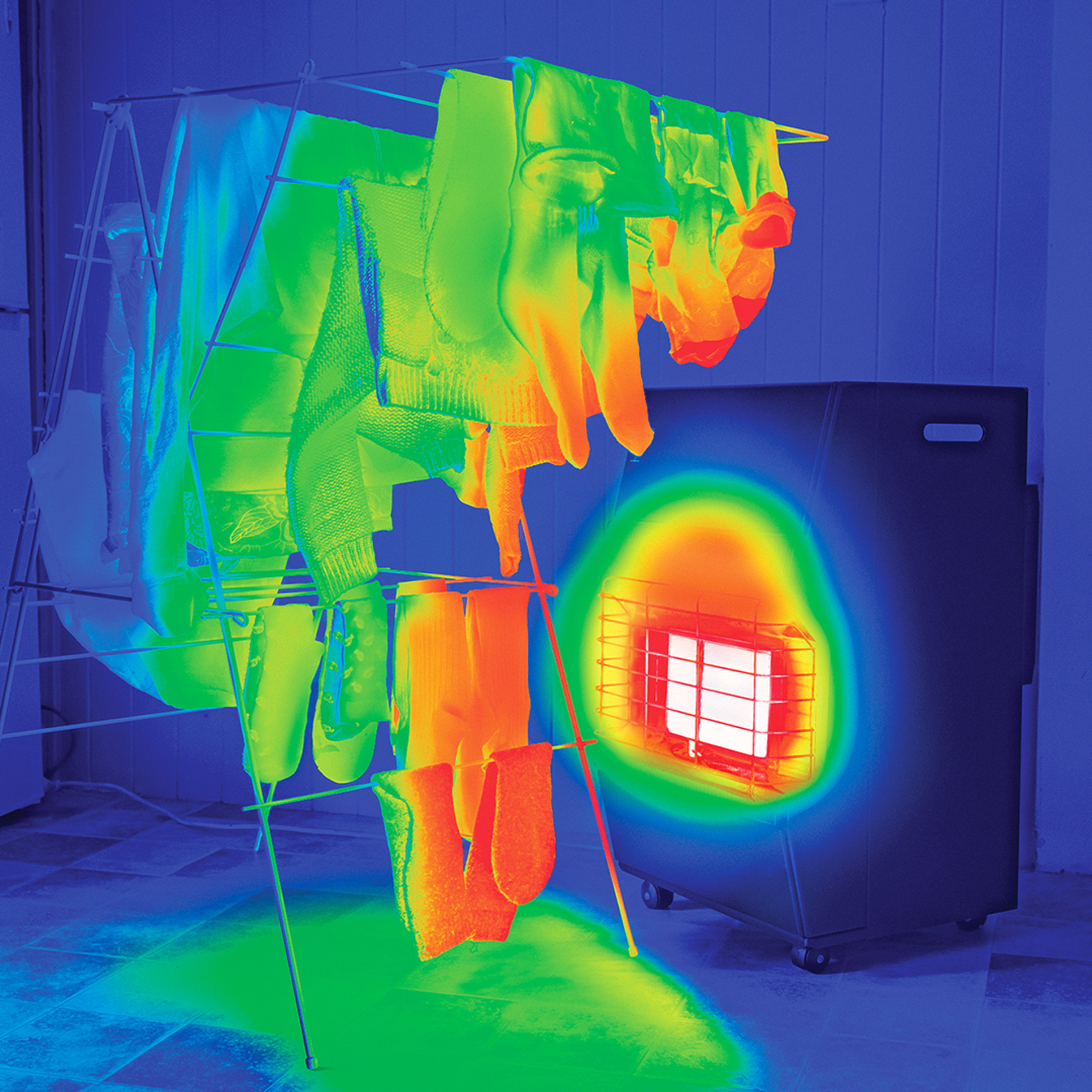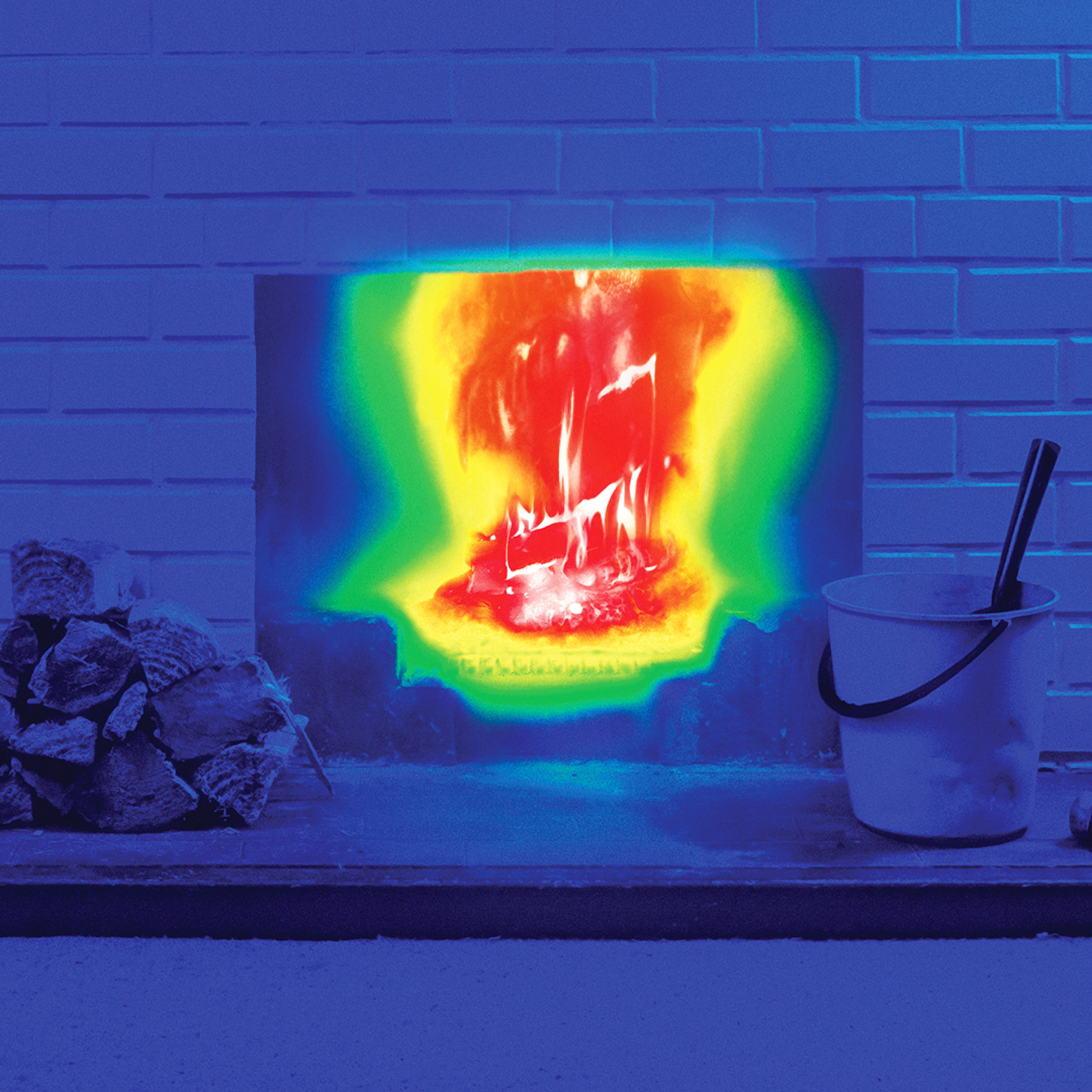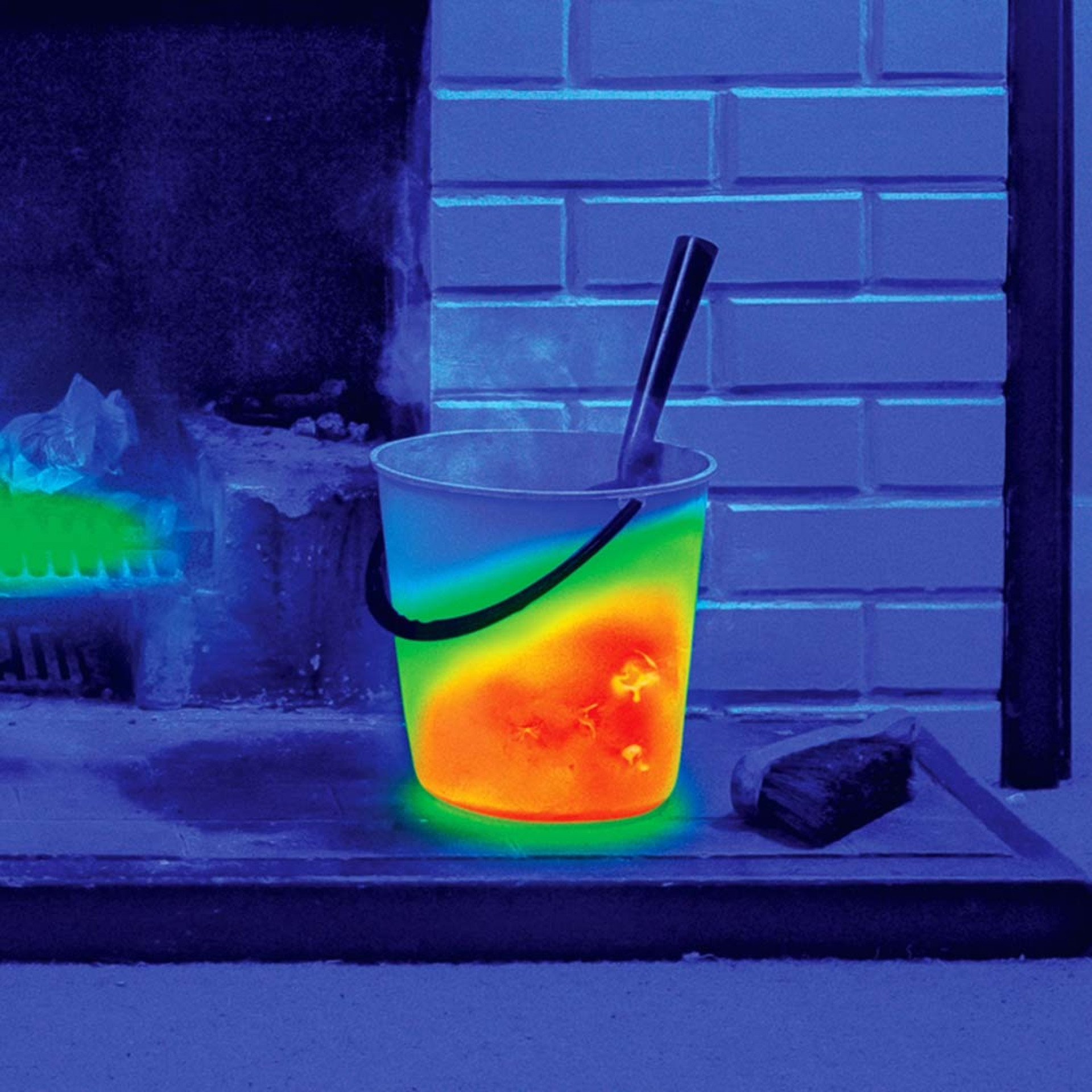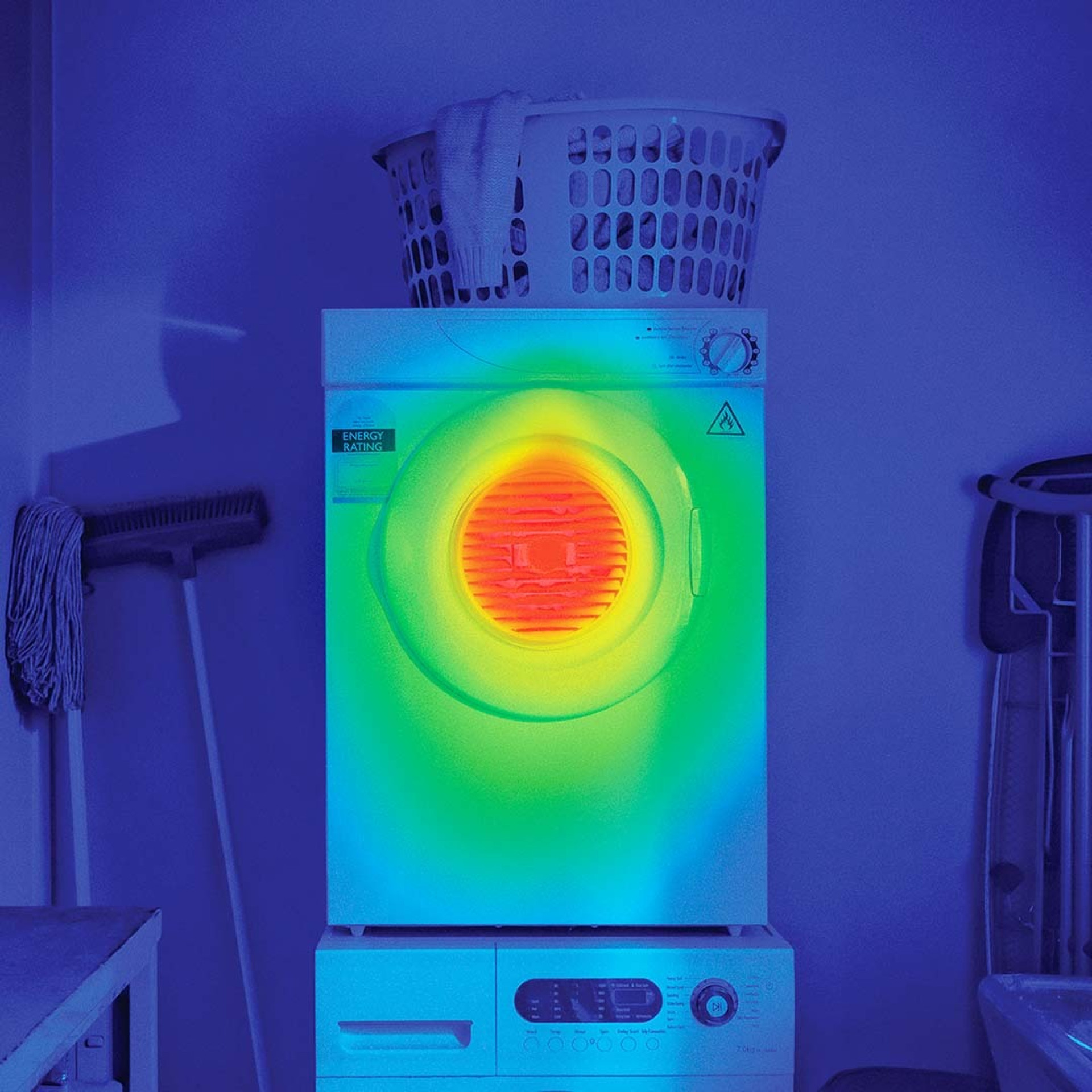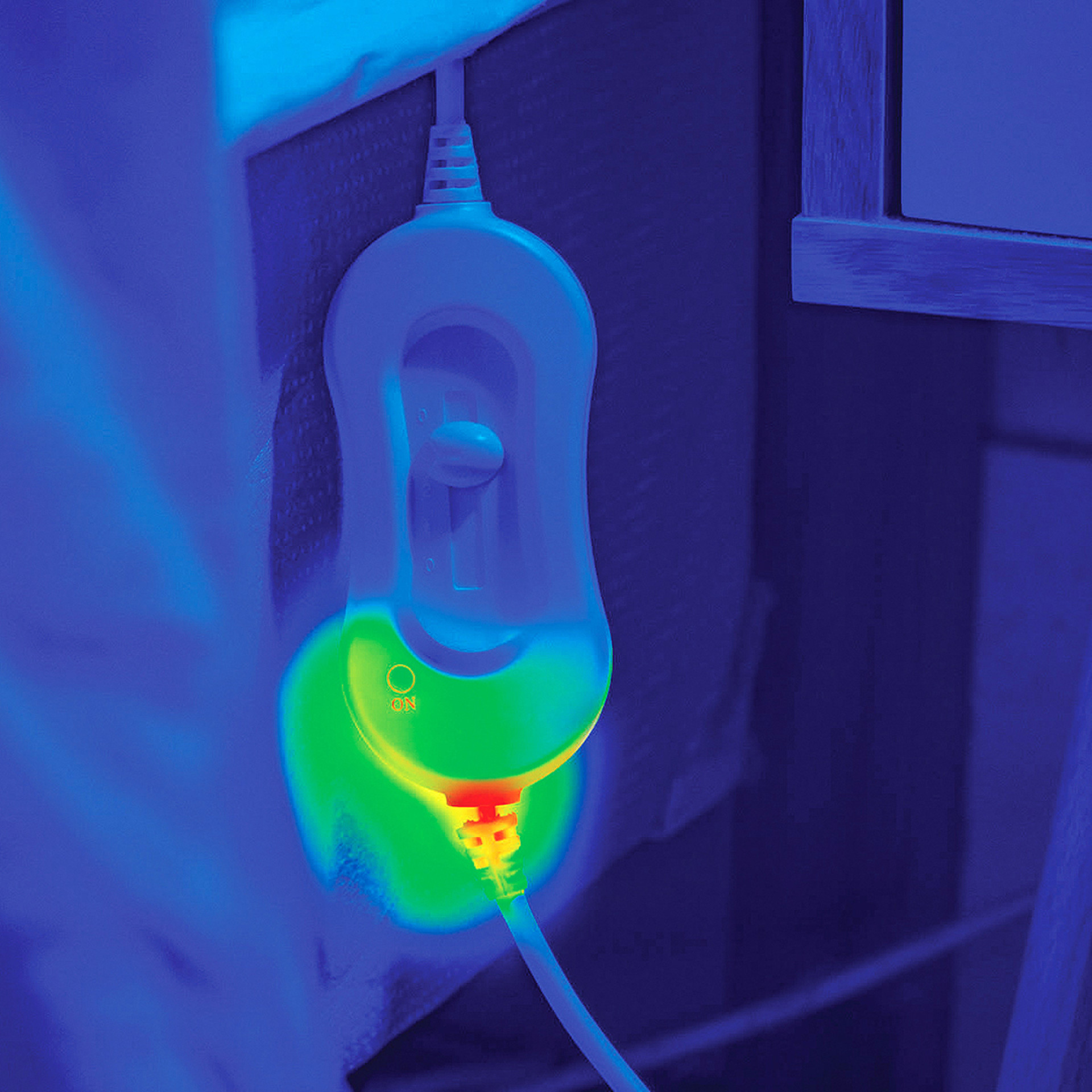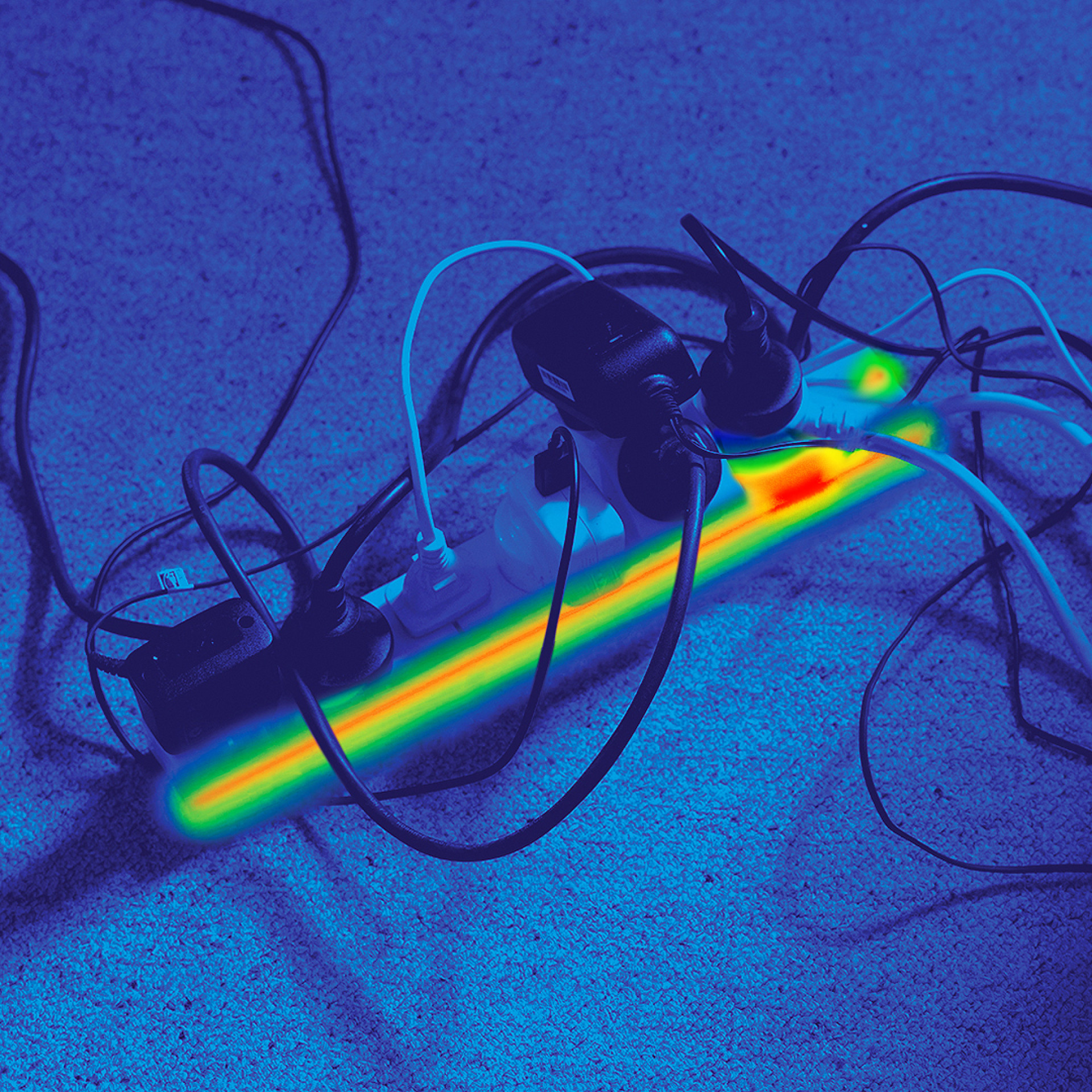Winter fire safety
Every year, as temperatures drop, we see a significant increase in the number of house fires. Winter brings a unique set of fire dangers that you need to be aware of. Follow these fire simple safety tips to help keep you, your whanau or flatmates safe, no matter the season.













